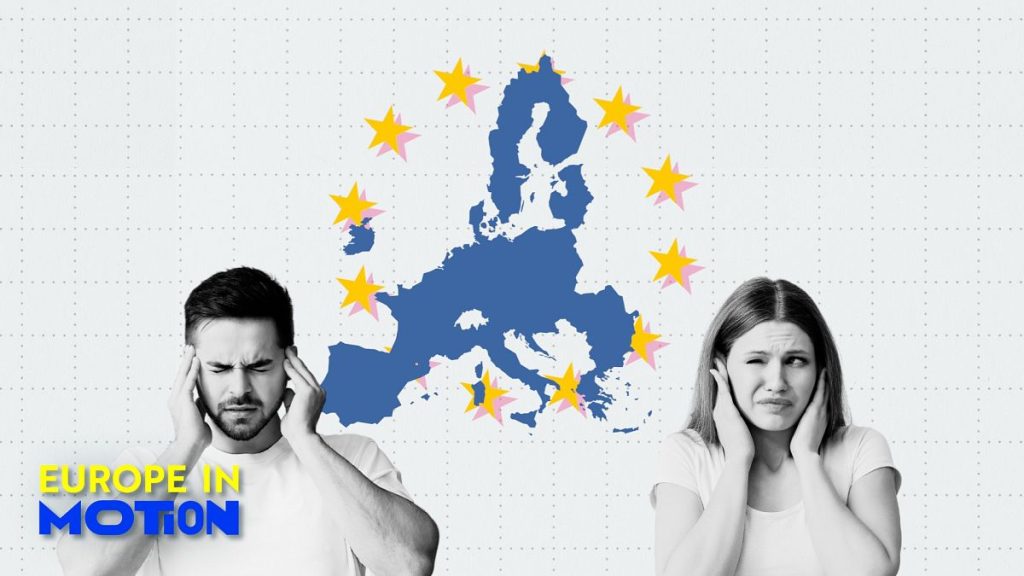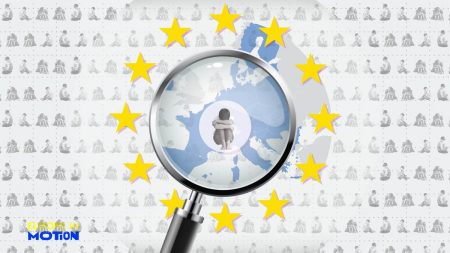The Pervasive Health Impact of Transportation Noise in Europe
The clamor of modern life, particularly the relentless din of transportation, has become an insidious threat to public health across Europe. More than 20% of EU citizens, a staggering figure representing millions of individuals, reside in areas where traffic noise levels exceed safe thresholds, posing significant risks to their well-being. This pervasive issue, largely stemming from road, rail, and air traffic, is linked to a disturbingly wide range of health problems, affecting cardiovascular, metabolic, and mental health. The vulnerability of children to this auditory assault is particularly alarming, with noise pollution demonstrably impacting their cognitive development, including reading ability, and contributing to behavioral difficulties. Despite the mounting evidence of these detrimental effects, the European Court of Auditors (ECA) has criticized lawmakers and local authorities for failing to address noise pollution with the same urgency and commitment afforded to air pollution, leaving millions exposed to a silent but potent health hazard.
The Toll on Children’s Development and Well-being
The impact of transportation noise on children’s development is a particularly pressing concern. According to the European Environment Agency (EEA), approximately 14 million children aged 6 to 17 in Europe, including Iceland, Norway, and Switzerland, are subjected to average transport noise levels of 55 dB or higher. This chronic exposure has been linked to an estimated 550,000 cases of reading impairment annually, with road traffic noise accounting for over 80% of these cases. Furthermore, nearly 60,000 instances of behavioral difficulties each year are attributed to transport noise, again predominantly from road traffic. These statistics paint a stark picture of the silent burden borne by children living in noise-polluted environments, hindering their educational attainment and overall well-being.
The Disparity in Addressing Noise and Air Pollution
Despite the demonstrable health consequences of noise pollution, the European Union’s response has been notably less robust than its efforts to combat air pollution. While comprehensive regulations and targets have been established to improve air quality, noise pollution has largely remained on the periphery of policy priorities. This disparity is highlighted by the absence of EU-wide noise reduction targets, a deficiency that, according to the ECA, discourages member states from taking decisive action. While the European Commission has set an indicative goal of reducing the number of citizens chronically disturbed by transport noise by 30% by the end of the decade, projections suggest that a reduction of only 19% is more realistic. This shortfall underscores the need for more stringent regulations and a greater commitment to tackling this pervasive public health challenge.
The Urgency of Action and the Need for Comprehensive Strategies
The ECA’s critique serves as a stark reminder of the urgent need to elevate noise pollution to the same level of priority as air pollution. The current approach, characterized by a lack of binding targets and limited policy measures, is demonstrably insufficient to protect the health and well-being of European citizens, particularly children. A more proactive and comprehensive strategy is essential, encompassing stricter regulations, increased investment in noise reduction technologies, and enhanced public awareness campaigns.
Mitigation Measures and the Path Forward
Addressing the pervasive issue of transportation noise requires a multi-pronged approach. The EEA has advocated for a range of mitigation measures, including the creation of quiet zones around schools and other sensitive areas, the implementation of noise-reduction technologies in transportation infrastructure, and the installation of sound insulation and acoustic treatment in buildings. These measures, while promising, require substantial investment and concerted effort from both national governments and local authorities. Furthermore, stricter regulations on noise emissions from vehicles and aircraft are crucial, alongside urban planning strategies that prioritize noise reduction in residential areas.
The Importance of Public Awareness and Political Will
Beyond concrete policy measures, raising public awareness about the health impacts of noise pollution is essential. Educating citizens about the risks and empowering them to advocate for quieter environments can create a groundswell of support for change. Ultimately, however, the responsibility lies with policymakers to prioritize this often-overlooked public health crisis. Stronger political will, coupled with a commitment to evidence-based solutions, is crucial to effectively mitigating the harmful effects of transportation noise and ensuring a healthier, more peaceful environment for all European citizens.










